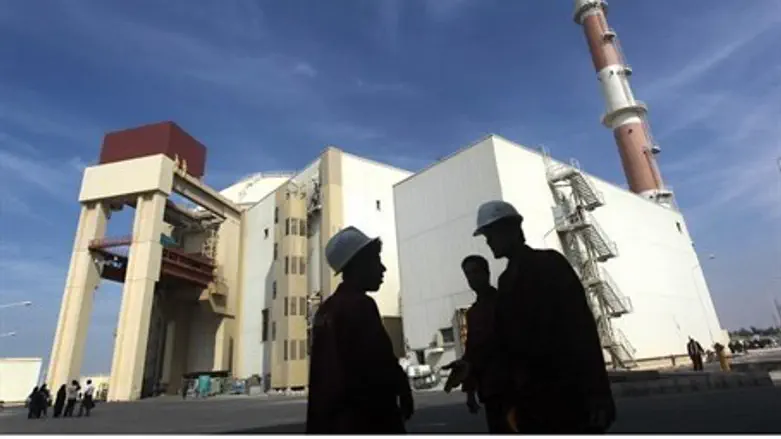
U.S. and Iranian officials on Friday met for a second day of negotiations in Switzerland as they work towards hammering out a full nuclear deal ahead of a November deadline, AFP reports.
The U.S. team, led by Deputy Secretary of State Bill Burns and Under Secretary Wendy Sherman, began meeting Thursday with an Iranian delegation led by Iran's Deputy Foreign Minister Abbas Araqchi in a luxury Geneva hotel.
No information filtered out from the first day of closed-door talks, and it remained unclear whether they would wrap up Friday or continue into Saturday, according to AFP.
EU and U.S. officials did announce Thursday that broader talks would be held on September 18 in New York between Iran and the United States, China, Russia, Britain, France and Germany, and would be led by European Union foreign policy chief Catherine Ashton.
That will mark the first meeting of the so-called P5+1 and Iran since they failed to meet a July 20 deadline for implementing a comprehensive and complex deal on curbing Tehran's enrichment capabilities and number of centrifuges.
The deadline has been pushed forward to November 24.
The West suspects Iran wants to acquire nuclear weapons, but Tehran insists the program is purely for peaceful purposes.
Iran has been taking an increasingly aggressive line in demanding its "right" to enrich uranium, with Iranian Supreme Leader Ayatollah Ali Khamenei recently saying Iran "needs" 19 times more nuclear centrifuges than the amount being offered by world powers.
Israel’s Minister of Intelligence, Yuval Steinitz, warned this week that Iran “is closer than ever to nuclear capabilities”.
"What we see today is a very troubling picture. While Iran has agreed to several small concession, on all the issues touching the heart of the (nuclear) program, like uranium enrichment in the centrifuges, Iran hasn't agreed to budge even a millimeter," said Steinitz, who will head an Israeli delegation to Washington DC next week to petition U.S. officials to take stronger stance in renewed talks between major world powers and Iran.
"We oppose not only the possibility that Iran will be a nuclear-armed military state, but also to the very possibility that Iran will be a nuclear-threshold state," continued Steinitz.
(Arutz Sheva’s North American desk is keeping you updated until the start of Shabbat in New York. The time posted automatically on all Arutz Sheva articles, however, is Israeli time.)